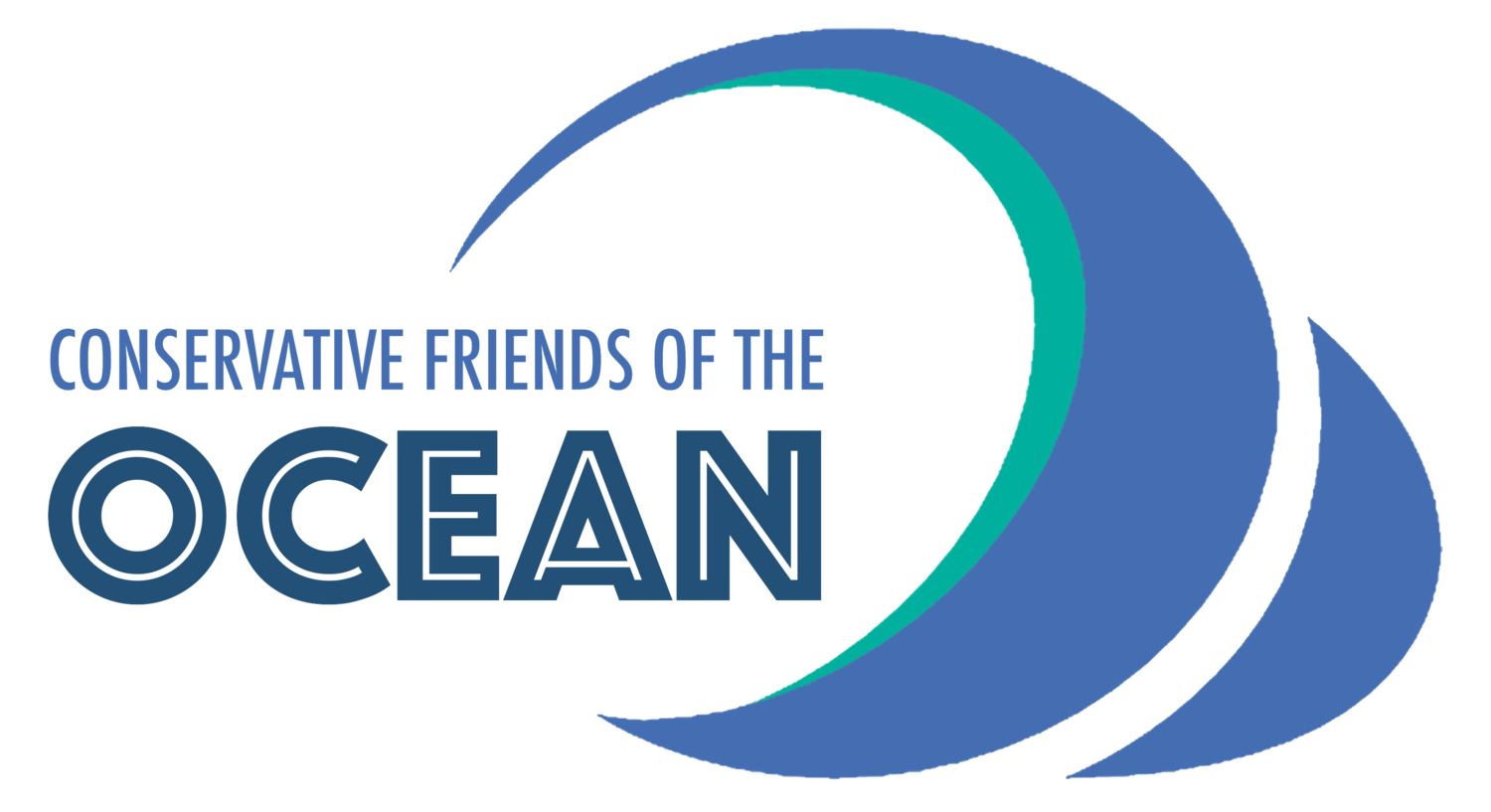From Coalville to the Coast: Why Landlocked Communities Must Care About the Ocean
My name is Craig Smith, and I have had the privilege of serving as a County Councillor for the Coalville North Division in Leicestershire since 2021, representing the community I have proudly called home all my life. I was also honoured to represent our area more widely as the Conservative Parliamentary candidate for North West Leicestershire during the 2024 General Election, building on my passion for advocating for our region and its people.
My journey into public service began when I joined the Royal Air Force at 18, where my connection with the ocean was first forged. During my career, I was incredibly fortunate to serve on operational tours across the globe, on almost every continent. However, it was my time serving in the South Atlantic that sparked my interest in oceanography.
The environment in and around the Falkland Islands and South Georgia is simply breathtaking, and the wildlife is spectacular. Experiencing this first-hand left a lasting impression on me and a passion for looking after the place we all call home: Planet Earth.
So, what does Coalville—the furthest town from the coast in any direction in the UK—have to do with the ocean, you may ask? Well, although we are nestled in the heart of Leicestershire, far from the sight and sound of crashing waves, it might seem that rural communities like ours have little connection to the vast oceans. However, the truth is that even landlocked areas play a crucial role in the health of our marine ecosystems. Understanding this interconnectedness should inspire us all to protect one of our most vital resources: the ocean, no matter where we live.
The waterways that meander through our towns and countryside are far more than scenic features; they are vital arteries connecting land to sea. Take the Ashby Canal or the River Soar, for example. These waterways join larger rivers, which eventually flow into the North Sea. Every droplet of water, and everything it carries from Coalville and the surrounding areas, has the potential to make its way to the ocean.
This network underscores a simple but profound truth: what happens upstream impacts what happens downstream. A plastic bottle dropped in the Ashby Canal doesn’t just stay there. Carried by currents, it may journey through rivers and estuaries, eventually finding itself in the ocean, where it could contribute to the 11 million tonnes of plastic waste entering marine ecosystems annually.
Plastic pollution in the ocean often starts far from the coastline. Landlocked communities like ours contribute significantly to this issue, whether through improperly disposed waste, littering, or microplastics from roads and agricultural runoff. The harmful effects are staggering. Marine animals ingest plastic debris, mistaking it for food, leading to injury or death. Entire ecosystems are disrupted as microplastics accumulate in the food chain, posing risks to biodiversity and human health alike.
Coalville and the wider North West Leicestershire area can make a significant difference by addressing waste management at its source. Encouraging proper disposal and recycling of plastics is a powerful way to ensure that our local waste doesn’t become a global problem. Community clean-up initiatives targeting canals, rivers, and public spaces are excellent examples of how small, local actions can ripple outward, benefiting the wider environment.
Fortunately, many individuals and groups in our area are already taking meaningful steps to protect waterways and, by extension, the ocean. The Leicestershire and Rutland Wildlife Trust is doing vital work maintaining local wetland environments, which serve as critical habitats and natural filtration systems for our waterways.
Another impactful initiative is the Big River Watch, organised by The Rivers Trust. Residents of North West Leicestershire are encouraged to spend 15 minutes observing and recording the state of local rivers and streams using the easy-to-use Big River Watch app. This citizen science project empowers everyone—anglers, ramblers, wildlife watchers, and children—to contribute to improving water quality. Initiatives like this can play a big part in improving our quality of life.
The health of the ocean isn’t just an issue for coastal towns and seaside resorts; it’s a shared responsibility that impacts us all. Oceans regulate the Earth’s climate, generate oxygen, and provide food and livelihoods for billions of people. By protecting our local waterways, we’re contributing to these global benefits.
Moreover, the fight against ocean pollution can bring tangible benefits to landlocked communities. Cleaner waterways improve local biodiversity, enhance the beauty of public spaces, and foster a sense of community pride. Economic opportunities, such as eco-tourism and green jobs, can also emerge from these efforts, demonstrating that environmental care is both a moral and a practical investment.
Caring for the ocean begins with caring for our local environment. Simple steps like reducing single-use plastics, participating in clean-up events, and supporting local conservation projects can make a world of difference.
Coalville may be miles from the nearest beach, but its connection to the ocean is undeniable. By acting locally, we can think globally and protect the waterways that link us all—from the heart of North West Leicestershire to the vast expanse of the sea.


